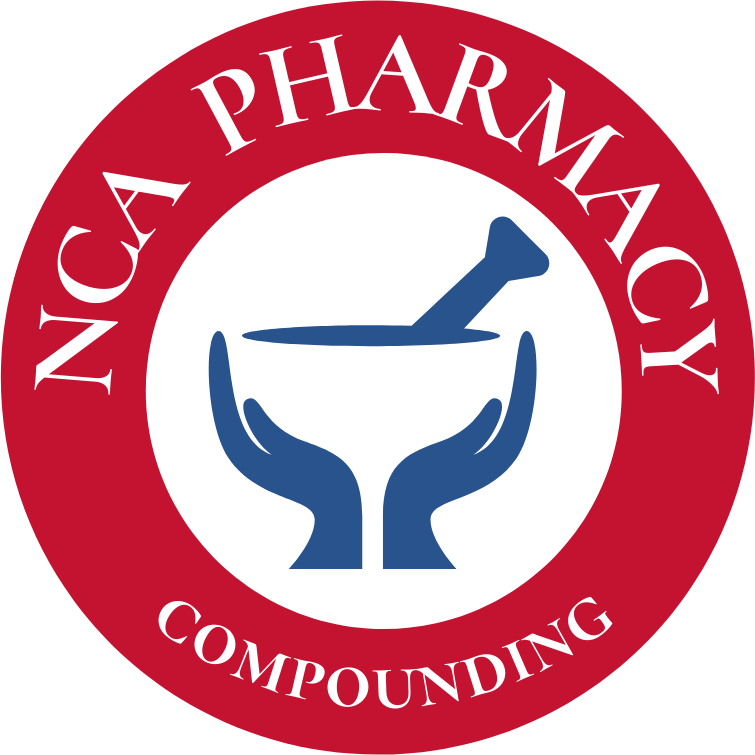Bioidentical Hormone Replacement Therapy (Female)

What is BHRT (Bioidentical Hormone Replacement Therapy)?
BHRT is the use of Bio-identical hormones that have the same chemical structure as hormones made by the human body. Bio-Identical hormones are derived from plants. In order for replacement hormones to fully replicate the function of naturally occurring human hormones, the chemical structure must exactly match the original.
Researchers have long held that there are significant differences between hormones that are natural to humans (bio-identical) and synthetic (including horse) preparations. Side chains are added to a natural substance to create a synthetic product that can be patented by a manufacturer. Structural differences that exist between human, synthetic, and animal hormones can be responsible for side effects that are experienced when Non-Bioidentical hormones are used for replacement therapy.
Today’s women prefer natural hormones. In a survey of a nationally representative sample of 1,009 women aged 40 and older, 83% said they would prefer to use hormones that are similar to their own body’s hormones.
Bio-identical hormones include Estrone (E1), Estradiol (E2), Estriol (E3), Progesterone, Testosterone, Dehydroepiandrosterone (DHEA), and Pregnenolone. The precise components of each woman’s therapy need to be determined after physical examination, medical history, and laboratory testing are considered. Each Bioidentical hormone prescription is custom compounded in our lab based on the prescriber’s specific instructions. We compound custom preparations of BHRT using micronized powders in a variety of dosage forms such as oral capsules, sublingual troches or tabs, transdermal cream or gel, vaginal or rectal suppositories, and many more. Close monitoring is essential to ensure that appropriate dosage adjustments are made.
Benefits of BHRT
- Fewer side effects versus synthetic derivatives
- Protection against heart disease
- Reduced risk of breast cancer
- Improved cholesterol and lipid profile
- Reduced risk of osteoporosis and improved bone density
- Reduced incidence of hot flashes, night sweats & vaginal dryness
- Improved energy and sleep
- Better mood, concentration and cognitive function
- Improved libido
Goals of BHRT
- Alleviate the symptoms caused by the natural decrease in production of hormones by the body
- Give the protective benefits, which were originally provided by naturally occurring hormones
- Re-establish a hormonal balance
Types of Hormone Disorders
- PMS (Premenstrual Syndrome)
- Premenstrual Syndrome is a combination of physical and emotional symptoms that many menstruating women experience 1-2 weeks before the start of their period. Most women (over 90%) get some types of symptoms, such as bloating, headaches, cramps, mood swings, etc. For some women, symptoms may be severe enough to interfere with their daily lives (i.e. miss work), but for others symptoms are tolerable.
Symptoms: Bloating, Swollen Breasts, Headaches, Mood swings, Cramps, Depression, Irritability, Anxiety, Sleep Issues, Tiredness, Appetite Changes.
- Perimenopause
- Perimenopause means “around menopause”, which is transition to menopause and can start sometimes in women’s mid to late 40s. Irregular periods may happen during this time because of fluctuation of estrogen hormone. Menstrual cycles may be longer or shorter and periods may be heavier or lighter than before. Many women have menopausal type of symptoms such as hot flashes, night sweats, sleep disturbances, etc.
Symptoms: Irregular Periods, Hot Flashes, Night Sweats, Sleep Problems, Mood Changes, Vaginal Dryness, Urinary Incontinence, Decreasing Fertility.
- Menopause & Post-Hysterectomy
- Menopause occurs when a woman no longer has menstrual cycles and loses her ability to become pregnant. It is a normal part of a woman’s life. A woman is considered to be in menopause when she hasn’t had her period in the last 12 consecutive months. After menopause, ovaries make very low levels of the hormones estrogen and progesterone. Menopause usually happens with age but can also occur due to surgical intervention, treatment of a disease or an illness.
Symptoms: Hot flashes, Night Sweats, Sleep Disturbance, Mood Swings, Depression, Vaginal Dryness, Painful Intercourse, Decreased Sex Drive, Fatigue, Dry Skin, Urinary Incontinence, Bone Loss.
